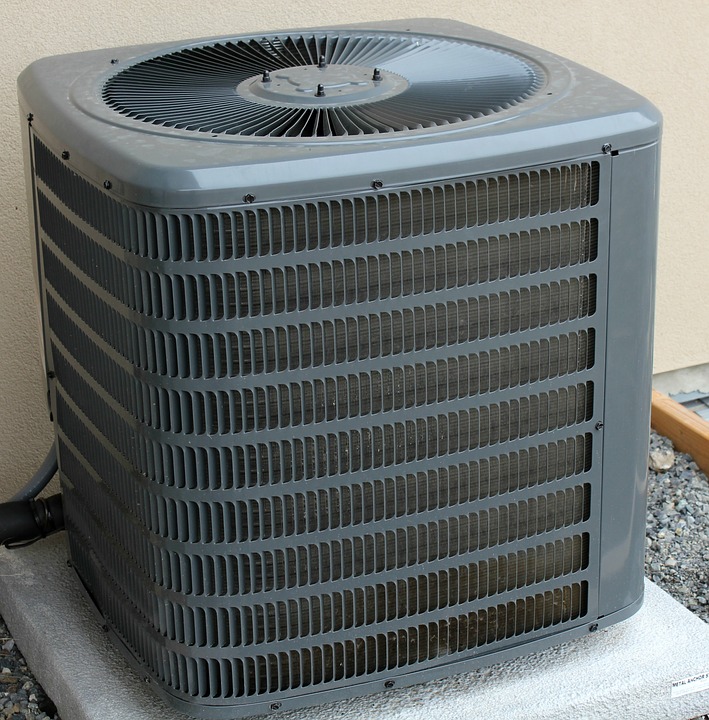Why does it seem that your air conditioning system goes out on the hottest day of the year? Maybe because that’s when it gets the most use? In reality, several things can contribute to a breakdown, including improper installation and inadequate maintenance. Here are some suggestions for troubleshooting problems with your system.
Don’t Overlook the Obvious
If your AC conks out, begin troubleshooting by looking for the easiest explanation; a blown fuse or circuit breaker. Allow a few minutes for the unit to cool, then reset the circuit breaker. If the compressor stops working on a warm day, the unit may have tripped the switch the high-pressure switch. This is a safety measure that prevents the unit from reaching extremely high pressures.
You can reset the compressor simply by pressing the reset switch, which you can usually find in the rear access panel. If you’re not getting any results when you hit the reset, it would be worthwhile to contact an AC Repair specialist and get them to check for problems, such as a bad fan motor or blockage in the condenser coils or refrigeration system. Ignoring the problem can only makes things worse and this can lead to bigger repair bills if the whole system goes kaput.
Refrigerant Level
Maintaining the proper amount of refrigerant is key for your AC system to run at top performance level. If your system is running low on refrigerant it may not have been properly charged when it was installed, or you may have a leak in the system.
Don’t add refrigerant yourself and call it good; refrigerant is harmful to people, pets, and the environment. Contact a professional technician who can check for leaks and make any needed repairs. The technician should then test the repair, if any, and add the proper amount of refrigerant.
Replace Air Filters
One of the most important maintenance tasks is also one of the easiest: Replacing or cleaning the air filters. Dirty filters can greatly reduce your AC’s efficiency by blocking the normal flow of air. Dirt that normally is trapped by the filter can bypass a clogged filter and wind up in the evaporator coil. This, in turn, can hurt the heat absorption of the coil and impact your energy use, raising it between five and 15 percent.
You can find filters on central AC systems in ceilings, walls, furnaces or in the unit itself. Filters are available in many types and different levels of efficiencies. The high-efficiency filters typically are more expensive. Another choice you have in filters is whether to clean and reuse or simply replace them. During warmer months, you should check filters once a month and replace as needed.
Clean the Coils
The evaporator and condenser coils of your AC naturally collect dirt over time. Cleaning or replacing your filters on a regular basis will help keep them clean for a longer period, but you should check the evaporator coil once a year and clean it if needed. Condenser coils in the outside unit should be inspected more often, as it is open to the wind, which can carry leaves and debris into the coil housing.
Time for a New AC System?
If you’re planning a home remodeling project, it’s a great time to consider replacing an underperforming AC system. In general, a system lasts between 15 and 20 years; if yours falls in that age range, it may make more sense to replace it than to spend money on extensive repairs.
Contact a reputable AC repair company to assess your AC system and discuss your options, so you don’t get stuck on a hot day without a workable system. If replacement is in your future, consider upgrading to a high-efficiency air conditioner. Coupled with additional energy-saving actions, you can reduce your energy use by 20 to 50 percent, which is money in the bank when you begin seeing lower utility bills.

